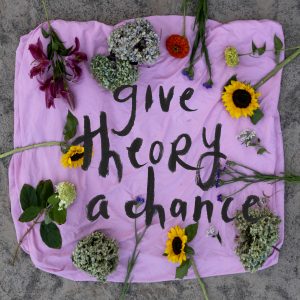In this episode we are joined by Timothy Recuber, an assistant professor of sociology at Smith College and author of Consuming Catastrophe: Mass Culture in America’s Decade of Disaster. Recuber introduces us to the work Colin Campbell and discusses how he adapted Campbell’s concept of autonomous self-illusory hedonism for his research on media consumption of disasters. Recuber also reflects on the challenges of drawing on theories that transcend disciplinary boundaries.
Podcast: Play in new window | Download
Subscribe: RSS

